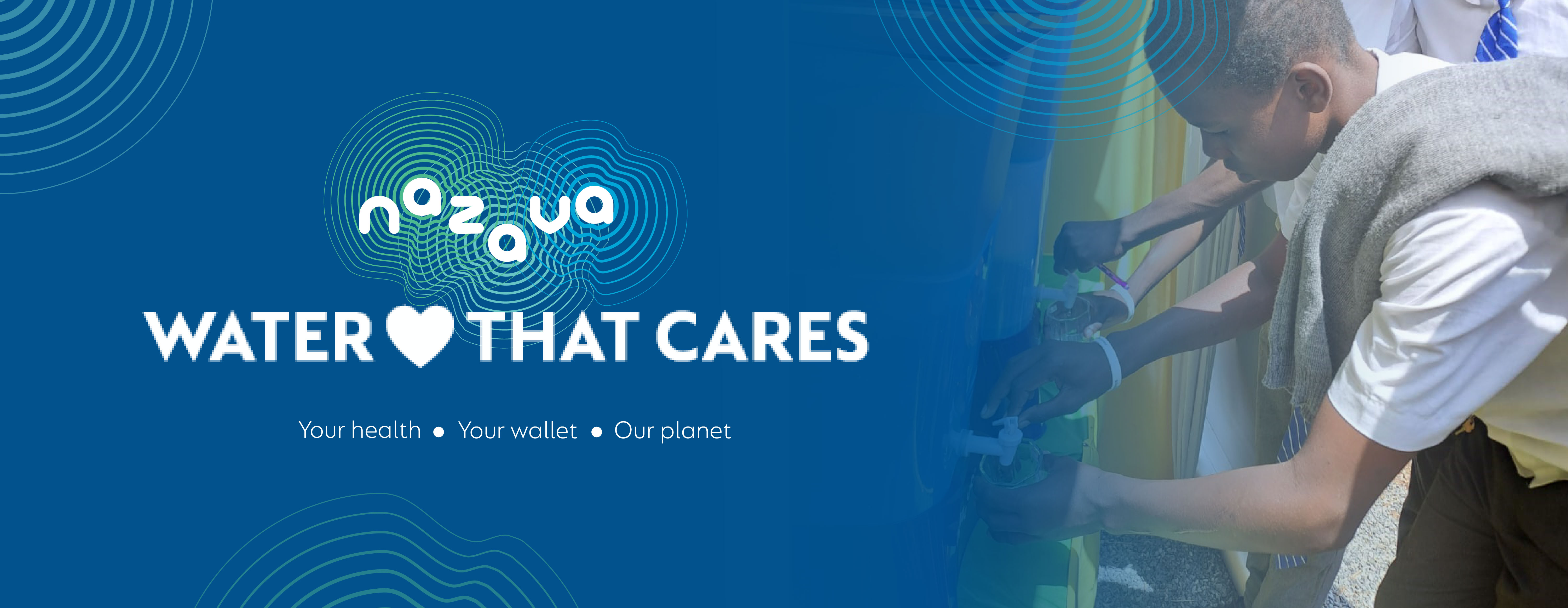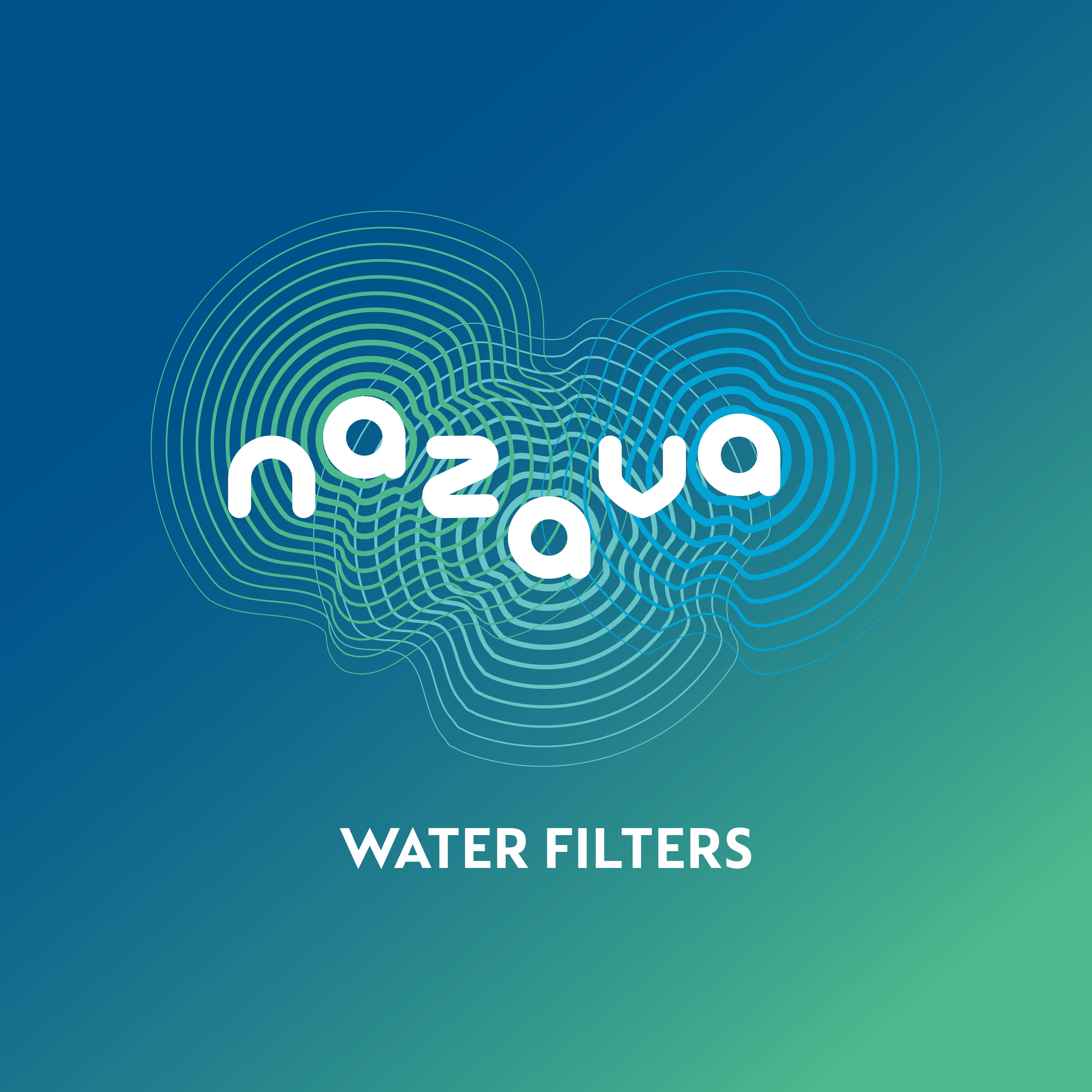

Nazava Water Filters PTE LTD

Central Singapore Community Development Council, Singapore
June 2024
Machinery & equipment
Manufacturing
Indonesia,
Kenya,
Singapore
In low-income countries, less than a third of the population has access to safely managed drinking water facilities. Low-income households lack solutions to purify their water, as boiling is not effective for the removal of particles and buying bottled water is too expensive. Nazava Water Filters are gravity-based ceramic filters empowering households to purify their well, tap or rainwater, without the need to boil or use electricity. At a cost of less than 1 US$/month, households using Nazava can save over US$ 100/year. We target peri-urban and rural households in Indonesia and Kenya that earn less than US$7/day. To date we have sold over 260,000 products and impacted over 600,000 people in more than 30 countries with access to safe, affordable drinking water in their house. The key factor in this success is our partnerships with national microfinance institutions (MFIs), enabling our customers to pay in instalments. Nazava Water Filters are gravity-based ceramic filters empowering households to purify their well, tap or rainwater, without the need to boil or use electricity. At a cost of less than 1 US$/month, households using Nazava can save over US$ 100/year. We target peri-urban and rural households in Indonesia and Kenya that earn less than US$7/day.
Overall B Impact Score
Governance 15.2
Governance evaluates a company's overall mission, engagement around its social/environmental impact, ethics, and transparency. This section also evaluates the ability of a company to protect their mission and formally consider stakeholders in decision making through their corporate structure (e.g. benefit corporation) or corporate governing documents.
What is this? A company with an Impact Business Model is intentionally designed to create a specific positive outcome for one of its stakeholders - such as workers, community, environment, or customers.
Workers 21.5
Workers evaluates a company’s contributions to its employees’ financial security, health & safety, wellness, career development, and engagement & satisfaction. In addition, this section recognizes business models designed to benefit workers, such as companies that are at least 40% owned by non-executive employees and those that have workforce development programs to support individuals with barriers to employment.
Community 15.5
Community evaluates a company’s engagement with and impact on the communities in which it operates, hires from, and sources from. Topics include diversity, equity & inclusion, economic impact, civic engagement, charitable giving, and supply chain management. In addition, this section recognizes business models that are designed to address specific community-oriented problems, such as poverty alleviation through fair trade sourcing or distribution via microenterprises, producer cooperative models, locally focused economic development, and formal charitable giving commitments.
Environment 13.3
Environment evaluates a company’s overall environmental management practices as well as its impact on the air, climate, water, land, and biodiversity. This includes the direct impact of a company’s operations and, when applicable its supply chain and distribution channels. This section also recognizes companies with environmentally innovative production processes and those that sell products or services that have a positive environmental impact. Some examples might include products and services that create renewable energy, reduce consumption or waste, conserve land or wildlife, provide less toxic alternatives to the market, or educate people about environmental problems.
What is this? A company with an Impact Business Model is intentionally designed to create a specific positive outcome for one of its stakeholders - such as workers, community, environment, or customers.
Customers 66.3
Customers evaluates a company’s stewardship of its customers through the quality of its products and services, ethical marketing, data privacy and security, and feedback channels. In addition, this section recognizes products or services that are designed to address a particular social problem for or through its customers, such as health or educational products, arts & media products, serving underserved customers/clients, and services that improve the social impact of other businesses or organizations.
What is this? A company with an Impact Business Model is intentionally designed to create a specific positive outcome for one of its stakeholders - such as workers, community, environment, or customers.